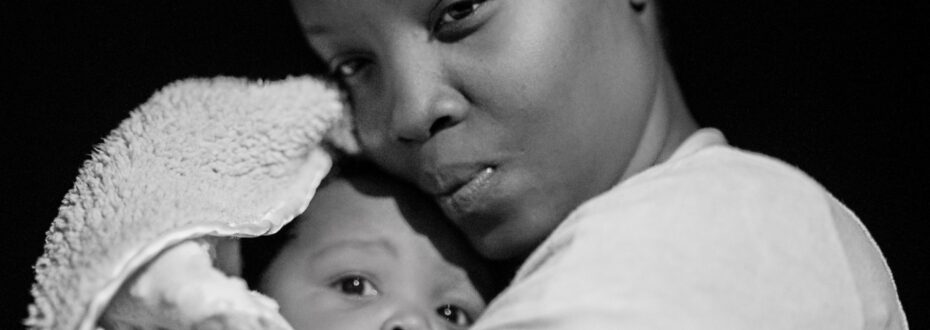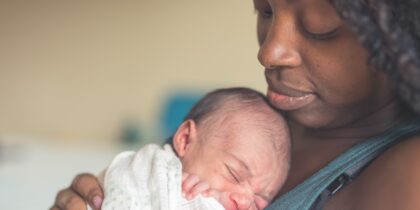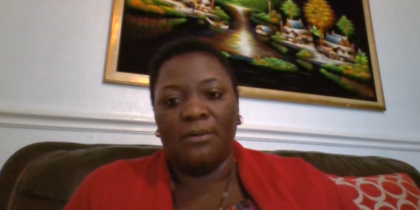By Andy Bell
This week marks the second national Black Maternal Mental Health Week, a campaign set up by women who have experienced mental health difficulties during pregnancy or after giving birth.
This is an important issue that has been overlooked for too long, and an important reminder that inequalities in mental health and mental health care exist in the intersections between multiple dimensions of injustice and inequity.
Policies relating to mental health inequality have tended to focus on one dimension at a time: on gender or race or physical health, rather than looking at how these and other identities interact and affect people’s experiences.
Our research into mental health inequalities has demonstrated that too often groups of people who face the highest risks to their mental health also get the least access to effective support, have the poorest experiences of mental health care and the worst outcomes. Policies relating to mental health inequality, where they exist at all, have tended to focus on one dimension at a time: on gender or race or physical health, rather than looking at how these and other identities interact and affect people’s experiences.
More recently, our review of maternal mental health during the pandemic found that Covid-19 put extra pressure on women’s mental health, while undermining the formal and informal supports that enable them to maintain wellbeing at this crucial time in their lives. Women from racialised communities in the UK were more likely to have experienced a lot of extra pressures, adding to existing inequalities in maternal health care.
it means developing service responses that equitably meet people’s needs – not just improving access to services that don’t work for everyone, but adapting the offer to ensure no one is left without effective support
Mental health is made in communities, and nowhere is this more evident than in the way Black women have formed organisations and networks such as The Motherhood Group, which created Black Maternal Mental Health Week. The Group offers Black women a culturally appropriate space for mutual support while also campaigning for change to wider systems that do not currently meet their needs or feel trustworthy. The Group, and many like it, offers an alternative to the mainstream, while also seeking to change a system that is not working for its members.
Ultimately we want to see mental health systems that are designed for equality. That means taking action to tackle the social and economic inequalities and injustices that harm people’s mental health in the first place. But it also means developing service responses that equitably meet people’s needs – not just improving access to services that don’t work for everyone, but adapting the offer to ensure no one is left without effective support where and when they need it.
Black Maternal Mental Health Week is an important opportunity to reflect on the gaps in the system that too many women find themselves in, while celebrating the work and leadership of the people and groups that are taking action now to close those gaps.







